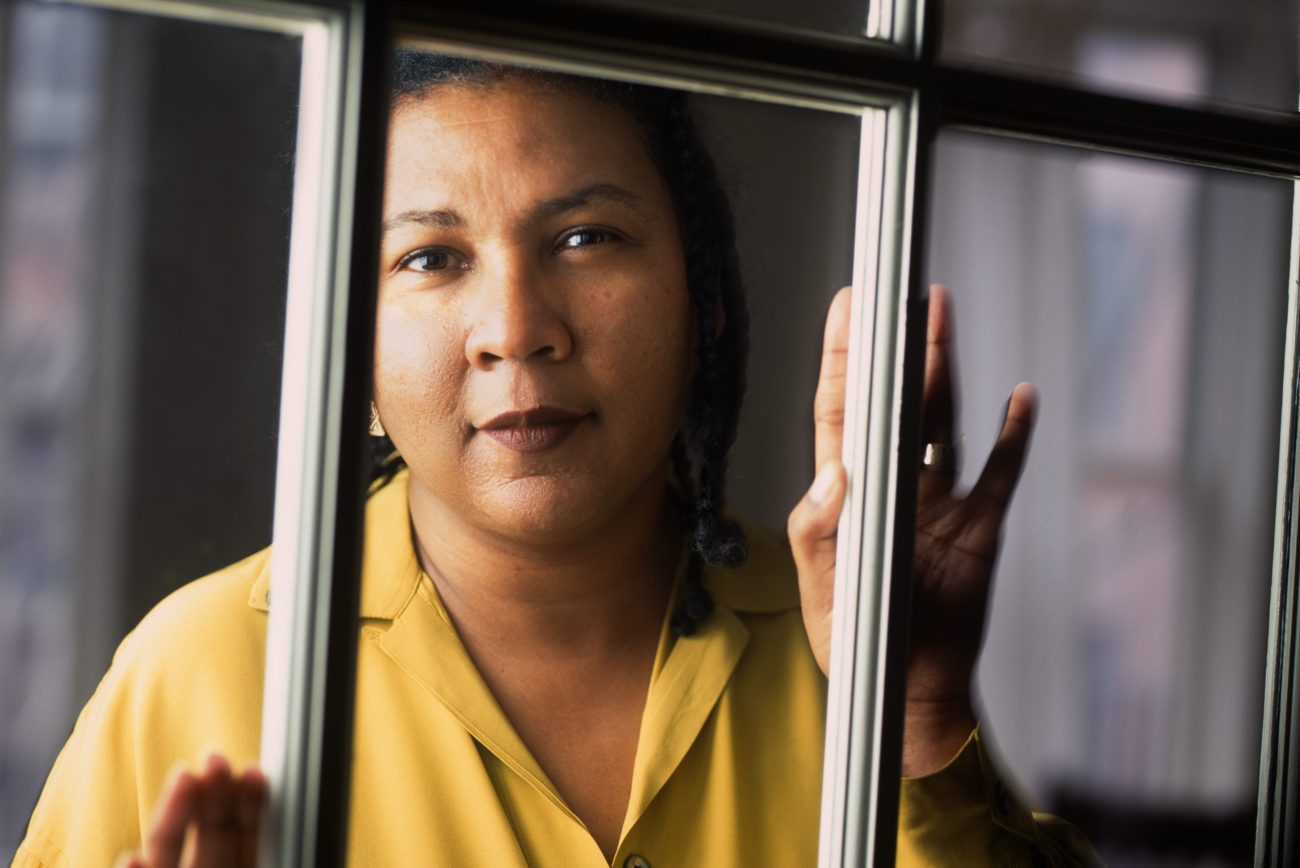Getting Over My Fear of Reading bell hooks

In celebration of Black History Month, I’ve shared some books by Black authors that hold special meaning to me. While I should at some point mention lesser-known authors, I have another mega-star writer I want to discuss. And her name is bell hooks.
If you engage with a fair amount of feminist discourse where someone cites an activist, writer, or scholar, you’ve probably heard of hooks. Many of my favorite video essayists and cultural critics cite her work so often that hooks became this near-mythical figure for me for a few years. When I finally attempted to read All About Love (the most referenced of her work), I failed. I’m not sure if it was grad school burnout or what, but I struggled to get more than a few pages into that text and understand what I read. She writes in plain English, but I don’t regularly read anything resembling a self-help book or non-fiction that explores emotions.
A year passed and in my final semester of grad school, I faced hooks’ name again while reading my syllabus for an international film studies class. Instead of approaching her work again for my own self-guided education, I needed to read her for class. In an effort to prep for this required reading, I first picked up one of the classes’ short recommended readings, Feminism is For Everybody.
Passionate politics
I just picked it up as sort of a stretch before a workout, but this novel was —and really still is— everything. You would think the novel published through academia (Routledge) would be harder to read than one sent through a traditional publisher (William Morrow), but nope. The 124-page book is very accessible and straightforward. hooks notes in the intro that this book was intended to spell out exactly what feminism is without “fear or fantasy.” She writes:
I want to be holding in my hand a concise, fairly easy to read and understand book; not a long book, not a book thick with hard to understand jargon and academic language, but a straightforward, clear book – easy to read without being simplistic.
This is that book! Feminism is For Everybody was meant to be a gift to a friend or someone who was unsure about what feminism really is. However, I (with the help of my professor’s syllabus and my local libraries’ collection) was gifted that and much more. Most important to me at the moment, I got a feel for her writing in context and could apply it to the much denser academic language used for the required reading.
The book features a series of very short chapters (averaging four pages) exploring different aspects of feminism. Some points combat anti-feminist perceptions and other parts critique contemporary feminism’s shortcomings. Throughout the book, hooks sprinkles in a little bit of history for context. She does this without bogging it down with heavy theory or a series of dates.
Taking the dive
Just because I could now understand her, that didn’t mean the book wasn’t challenging. hooks tested my beliefs on approaching global feminism and the shortfalls of an abortion-focused feminist movement. Additionally, she opened my perspective on the unrecognized ways women perpetuate abuse towards children—other than sexual and physical.
Like most of my favorite media (books or otherwise), whenever I revisit Feminism is For Everyone, I find something new to think about. Now, here I am saying what everyone else has already said: bell hooks is essential reading. If for no other reason, do it in defiance of the Florida Department of Education, which deemed hooks one of the many Black writers whose ideas have been deemed “too dangerous.”
(featured image: Karjean Levine/Getty Images)
The Mary Sue may earn an affiliate commission on products and services purchased through links.
Have a tip we should know? tips@themarysue.com